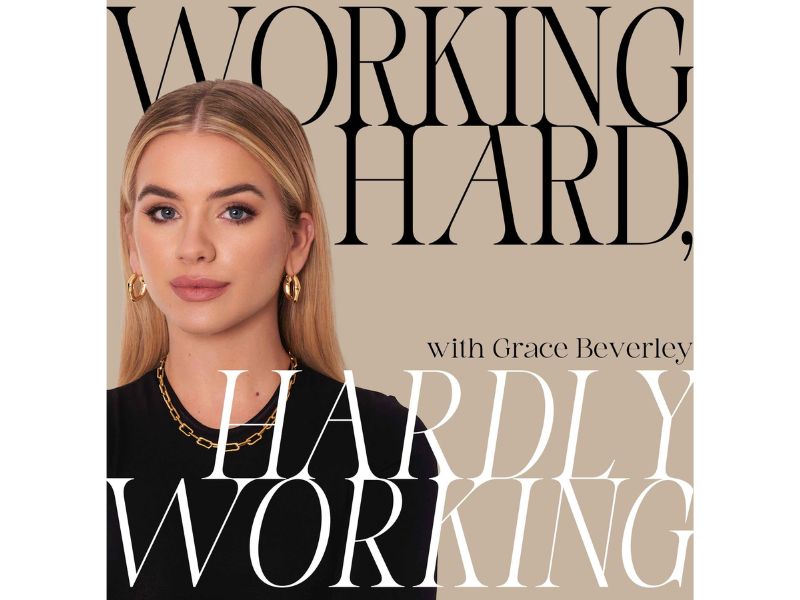
Is money destroying your health?
Money is an important resource because everyone needs things in life to survive, give pleasure, save time and maintain good health. It is a flexible resource and can be used to obtain goods and services, experiences and even knowledge if you are willing to invest some time as well. It’s no wonder it is so popular! But what price are you really paying?
Money is one of our Life Resources, the other two being Time and Health. These are the basic ingredients we have with which to run our lives. How do use and even abuse your resources? A common one is to focus on Money at the expense of Health. With money as a key trading resource it impacts everything we do. It’s in the top five contributing factors for stress or depression and worrying about it impacts your health. Judgments are made about people who have it and don’t have it, it impacts your life chances, relationships and status. Arguments about it are the number one reasons for relationship issues, even love revolves around it.
No-one just wants money. We haven’t met anyone yet who’s dream is to sit in a room with a pile of cash, people want what they think it will get for them; choice, flexibility, freedom, comfort to name but a few.
The toll on our health because of our focus on acquiring more money is serious:worry
- It destroys relationships, in arguments over financial priorities and falls outs over big payouts like inheritances. Jealousy around it can destroy families and friendships
- What money promises us is a lie. We see it as the solution to everything. We think that rich people are happier, the media tells us this. If you read the media carefully though, you will see that rich people have just as many problems as everyone else. So we suffer and toil in pursuit of something that will not add as much to our lives as we think it will. This leads to more people with depression and point to the cause being money.
- The things we do in pursuit of money directly impact our health. Overworking, doing things that go against what you believe is right (stepping on someone else to get promoted for example), stress involved in borrow money (for mortgages, credit cards etc) all contribute to serious health problems such as heart conditions, mental health issues and cancer.
All is not lost, developing a healthier attitude to money doesn’t mean you have to live like a pauper. Some simple readjustments can revolutionise how you live for the better:
Think and act with the long term in mind
Most of us think too short term. We are mainly impacted by immediate promise of pleasure or avoidance of pain. Train yourself to think longer terms when it comes to financial decisions. Would the money you are just about to spend on another disposable toy for your children be better invested for their future? Putting a small amount away each month for your pension or long-term savings is the equivalent of a meal out, that’s all. Will taking that well paid job that involves a lot of time away from home really worth it in 10 years, taking everything into account? For each decision you make, consider the long-term impact before you take action.
Small changes make a big difference
Often people think they need to make big changes to improve their situation. When it comes to money and health, think about the small changes that can make a big difference. Saving small amounts mount up over the long term. Have a few nights a week where you do something healthy with the family. Not working late a few nights a week improves your focus and actually makes you more productive. Pick a few small changes you can develop into health habits and you will be healthier and it will have a positive impact on your bank balance.
 About the authors
About the authors
John McLachlan and Karen Meager are the authors of the highly acclaimed book Real Leaders for the Real World (£12.99, Panoma Press) and ‘Time Mastery’ (£12.99, Panoma Press) and founders of Monkey Puzzle Training and Consultancy, a leading UK training company in NLP. Karen has an MBA specialising in strategy, financial strategy and human development.
She is a UKCP registered Psychotherapist (DipNLPt), one of less than a handful of internationally accredited NLP Master Trainers, coach and leadership development specialist. John is one of less than a handful of internationally accredited NLP Master Trainers, a qualified therapist, clinical hypnotherapist, coach and leadership development specialist.








